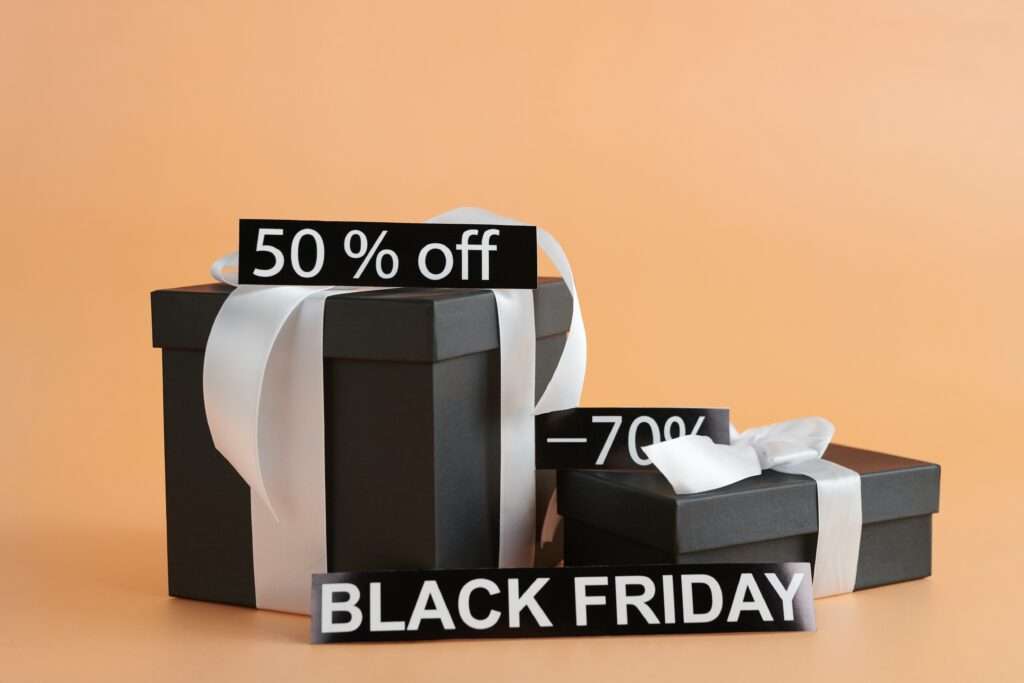
If you’ve ever stepped into the supermarket and ended up paying for things that weren’t on the list, you are probably guilty of impulse buying. We all are.
Sure, you may have genuinely left out an important and necessary item on your list, but if we’re honest, that isn’t usually the case is it?
Be it on food and groceries, clothing and accessories, beauty products, kids toys, fun gadgets, and countless other things stacked ever so sweetly at the check-out counters, chances are you have spent impulsively on something at one point or another.
Now saying all this isn’t to make you feel ashamed or to be judgmental in any way. It’s to draw attention to the fact that impulsive buying is a common problem that can lead to some unwanted difficulties down the line.

What is impulse buying?
Impulse buying is the act of paying for something you did not originally plan to, outside of true emergencies. Said purchase was never part of the original budget and does not classify as an emergency.
Sometimes, these payments are made without thinking it through properly or without having a need for the purchased item in the first place.
No matter how frugal you might be, it can be really difficult to resist making an impulse purchase. Especially in this day and age where shopping has been made super convenient with just a few clicks.
You just have to have that item that would make you happy. I mean hey, you work hard and you deserve to treat yourself. Plus, standing next to many adults in shopping centres these days are their backup impulse buyers, i.e., their children! So it’s unsurprising that impulse buying happens as frequently as it does.
Common causes of impulse buying
1. Our emotions
Oh, how powerful our feelings and emotions are when it comes to spending money. The great pleasure and feelings of enjoyment that comes with satisfying a craving are strong enough to override our senses completely and rationalise anything unplanned that we buy.
Getting something as a treat is a pick-me-up on a bad day, serves as a reward for a day that’s been hugely productive, and can work as a strong incentive for a lazy day. If you’re on team “pamper yourself and enjoy your life”, you should relate to this all too well.
Stress is another reason for impulse buying because when your brain is overwhelmed, you tend to rely more on impulses than logic to guide your decision-making. Even in times of financial challenges when we should rather be more intentional about our spending.
Impulse buying could also be an attempt to cope with feelings of being incomplete or imperfect. If someone feels making a particular purchase would make them feel ‘more complete’, he/she is more likely to buy on impulse.

2. Seeing a good deal
Good old FOMO (Fear Of Missing Out) is a huge pull for anyone. I mean, I love a good deal too. The idea that we are getting more value for the same/less amount of money spent is so hard to resist and fuels impulse buying.
Even in times when we aren’t actively trying to save money, such opportunities feel like a steal we just shouldn’t pass up and so go on to make the purchase! We could also feel rushed to pick up things we don’t need if we aren’t sure that they will always be available.
3. Peer pressure
The environment you’re in and the company you keep greatly influences how you spend money, including impulse purchases. One of your besties spending heartily during an impromptu night out, or getting a nice-looking item to the admiration of all can be enough of a trigger for you to end up spending money on things you did not originally intend to.
Also, impulse buying can happen if you want to keep up appearances or get something that seemingly boosts your social standing.
4. The pure love of shopping
Shopping really does make you feel better in the moment, doesn’t it? That dopamine released from getting new stuff gives its own kind of high. We are serially tempted to buy things that make us happy and it can be hard to control for some of us.
Retail therapy can get out of hand and lead to a full-blown shopping addiction that makes us wrack up on loads of liabilities just for a temporary thrill.

The disadvantages and negative effects of impulse buying
Impulse buying has disadvantages that are worth highlighting. The kind of problems this action leads to include;
1. Financial difficulties
This is the most obvious drawback. Giving in to significant impulse buying is not only hard on your pocket in the short term, but the habit prevents you from developing good financial practices that serve your true longer-term financial goals. To put it plainly, chronic impulse buying is current you stealing from the future you and the ones who depend on you.
2. Built up negative feelings
After the post-purchase feelings of happiness and pleasure from successful purchases and their immediate gratification wears off, what tends to set in for the average buyer is the shame and guilt associated with buyer’s remorse. Especially when he/she realises that the money could have served a better purpose. This can take a toll on one’s mental and emotional well-being.
3. Ruined relationships
Money is such an important factor in relationships and often a contentious one when it comes to how to spend it. Understandably, impulse buying can incite disapproval from your partner, family member, or friend, especially when it has become a habit. Furthermore, hiding and lying about your spending can harm your relationship.
4. Compulsive shopping
A compulsive shopper is one who is internally driven by uncomfortable emotions to shop and tends to do so to self-soothe. It’s usually a continuum of impulse shopping and can be quite extreme. Like buying so much stuff they won’t use that fills up their home, shopping when they are supposed to be working, or continuing to spend tons of money when they are already in debt!
How do I avoid impulse buying?

1. Pause and reflect on why you shop
Consider when and why you tend to overshop. What were you feeling and experiencing the last few times you bought something impulsively? Is there a particular time of day or shopping platform you frequent? Does the spending tend to happen with a particular person/group of people? Write it down.
Ideally from this exercise, you would see a trend. One that helps you begin to understand your internal and external triggers for impulsive buying and how best to manage them.
2. Avoid shopping when you’re emotional
As mentioned, impulse buying is often triggered by emotions such as stress, boredom, or sadness. To avoid making impulse purchases, try your best to avoid shopping when you’re in such emotional states.
3. Find other ways to cope with emotions
If you find that you like to shop when you’re emotional, try to find better ways to cope with your emotions. For example, you can try exercise, meditation, sleeping, or talking to a friend.
4. Find alternatives to shopping
Shopping is not the only way to cope with emotions or fill your time for that matter. Try finding alternatives such as going for a walk, reading a book, or trying a new hobby.
5. Stop comparing yourself to others
Comparing yourself to others only ever ends as a lost game because there is always something you would fail to have in this life. As tempting as it is sometimes, do not get caught in the comparison trap! Doing this practice is a game changer when it comes to impulse buying.
Instead of looking at what someone else has and thinking, “Oh, I need that too”, take a step back and put things in perspective. The things that you really need in your life should align with your own financial goals and be planned for. Even as you work towards those, be appreciative of all the things you do have.

In Conclusion
Impulse buying is a common problem that can cause damage to our financial health, emotional wellbeing, as well as our relationships. It is therefore good practice to curb it as much as possible by avoiding our uncovered triggers and exercising some discipline.
Now that we’ve learnt all about impulse buying, its causes and ills, you can go ahead to learn some very practical ways to stop impulse buying once and for all.
Did you find this piece to be helpful? Do you have any questions about impulse buying? Kindly let me know in the comments!

4 replies on “Impulse Buying: It’s Bad For You And Here’s Why”
Your point of view caught my eye and was very interesting. Thanks. I have a question for you.
You’re very welcome. Thanks for reading and appreciating the content also… Go ahead to ask your question.
So spot on!!!!
It is the emotions 🙂
Thank you again for this great post. You are awesome!